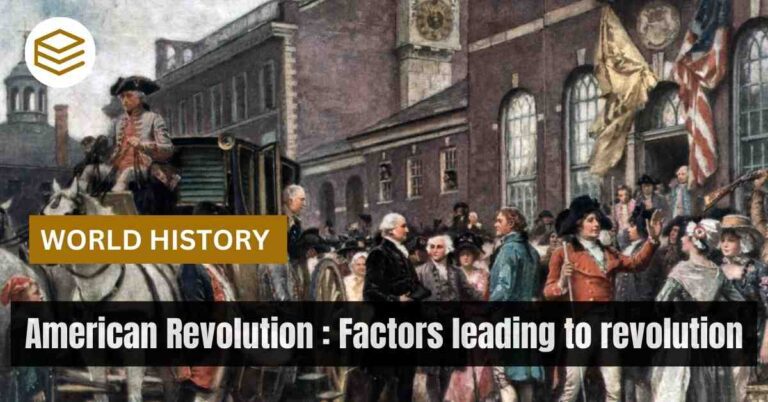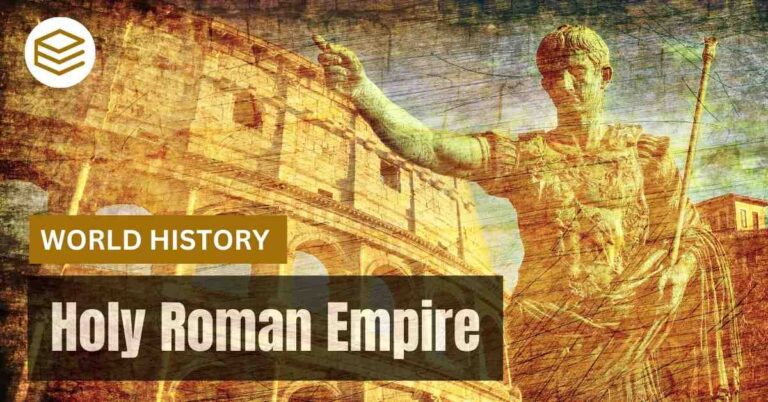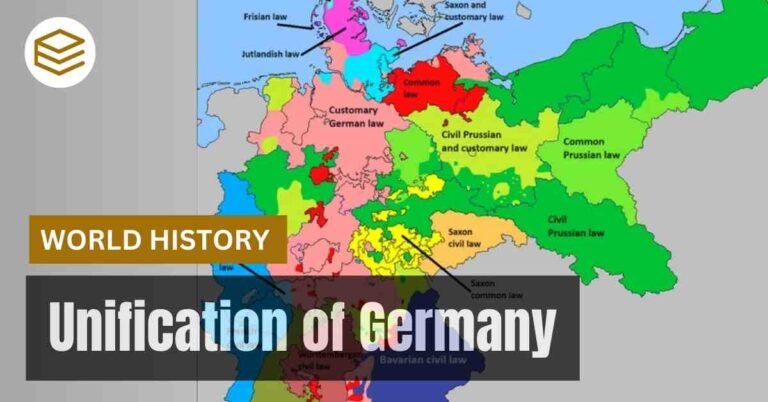January 25, 2026 12:35 pm
Otto von Bismarck (1815–1898), often referred to as the “Iron Chancellor”, was a political mastermind who unified Germany through a calculated mix of diplomacy, military strategy, and political reform. Bismarck’s leadership, defined by Realpolitik, not only redefined the German Empire but also shaped 19th-century European politics. This article delves into Bismarck’s strategic brilliance, his key domestic and foreign policies, and his enduring legacy.
I. Early Life and Rise to Power
A. Background
- Birth and Education:
- Born on April 1, 1815, in Schönhausen, Prussia, Otto von Bismarck hailed from a noble Junker family.
- He studied law at the Universities of Göttingen and Berlin, showcasing early interest in politics and diplomacy.
- Early Career:
- Bismarck started as a Prussian civil servant before entering politics.
- Known for his staunch conservatism and unwavering loyalty to the Prussian monarchy, Bismarck rapidly gained prominence.
B. Path to Power
- Diplomatic Roles:
- Otto von Bismarck served as Prussian envoy to Russia and France, sharpening his diplomatic acumen.
- Minister-President of Prussia:
- In 1862, King Wilhelm I appointed Bismarck as Minister-President, entrusting him with resolving conflicts with the liberal parliament. This marked the beginning of Bismarck’s journey toward German unification.
II. Otto von Bismarck’s Strategy for German Unification
Bismarck’s approach to German unification was defined by Realpolitik, emphasizing practical power over ideology. His famous declaration that major issues of the time would be settled by “blood and iron” encapsulated his vision.
A. Realpolitik in Action
- Bismarck’s Realpolitik prioritized power politics and pragmatism, allowing him to maneuver through complex political landscapes.
B. Key Steps in German Unification
- The Danish War (1864):
- Otto von Bismarck allied with Austria to challenge Denmark over Schleswig and Holstein.
- The victory enhanced Prussia’s reputation and set the stage for Austria’s eventual exclusion from German affairs.
- Austro-Prussian War (1866):
- Bismarck provoked Austria into conflict, leading to the decisive Battle of Königgrätz.
- Result:
- Austria was excluded from the German Confederation, and Bismarck established the North German Confederation under Prussian leadership.
- Franco-Prussian War (1870–1871):
- Otto von Bismarck engineered a war with France by manipulating the Ems Dispatch, provoking Napoleon III into declaring war.
- Prussia’s victory at the Battle of Sedan led to the collapse of the French Empire.
- Result:
- On January 18, 1871, Germany was unified, and King Wilhelm I was proclaimed Kaiser in the Hall of Mirrors at Versailles.
III. Bismarck as Chancellor of the German Empire
As Chancellor of the German Empire (1871–1890), Otto von Bismarck implemented transformative domestic and foreign policies that consolidated Germany’s position.
A. Domestic Policies
- Kulturkampf (1871–1878):
- Aimed at reducing the influence of the Catholic Church, Otto von Bismarck enacted laws asserting state control over education and clergy appointments.
- Ultimately, he scaled back the campaign due to resistance from the Centre Party.
- Welfare Reforms:
- Otto von Bismarck introduced pioneering social reforms to counter socialist ideologies:
- Health Insurance Act (1883).
- Accident Insurance Act (1884).
- Old Age and Disability Insurance Act (1889).
- These policies established the framework for the modern welfare state.
- Otto von Bismarck introduced pioneering social reforms to counter socialist ideologies:
- Anti-Socialist Measures:
- Otto von Bismarck enacted Anti-Socialist Laws, banning socialist publications and organizations to curb the rise of the Social Democratic Party (SPD).
B. Foreign Policy: Otto von Bismarck’s Diplomacy
- Alliance Systems:
- Otto von Bismarck created a complex system of alliances to maintain European peace and isolate France:
- Three Emperors’ League (1873) with Austria-Hungary and Russia.
- Dual Alliance (1879) with Austria-Hungary, later expanded to the Triple Alliance (1882) with Italy.
- Otto von Bismarck created a complex system of alliances to maintain European peace and isolate France:
- Congress of Berlin (1878):
- Otto von Bismarck mediated tensions in the Balkans following the Russo-Turkish War, maintaining balance between European powers.
- Isolation of France:
- Bismarck worked tirelessly to diplomatically isolate France, preventing alliances that could threaten Germany.
IV. Decline and Legacy of Otto von Bismarck
A. Dismissal
- Bismarck’s relationship with Kaiser Wilhelm II deteriorated after Wilhelm I’s death in 1888.
- In 1890, Otto von Bismarck was dismissed by Wilhelm II, who sought a more aggressive foreign policy.
B. Legacy of Otto von Bismarck
- Unification of Germany:
- Otto von Bismarck’s strategic brilliance unified Germany, creating a powerful nation-state.
- Modern Welfare State:
- His social reforms laid the foundation for today’s welfare systems.
- Diplomatic Genius:
- Bismarck’s alliances maintained European peace during his tenure.
- Controversial Methods:
- While admired for his pragmatism, Otto von Bismarck faced criticism for his authoritarian tactics and suppression of dissent.
V. Conclusion: Otto von Bismarck’s Enduring Influence
Otto von Bismarck remains a pivotal figure in European history, celebrated for his role in German unification and his contributions to modern governance. His Realpolitik, diplomatic finesse, and social reforms not only shaped Germany but also influenced global politics. Despite his dismissal, Otto von Bismarck’s legacy as the Iron Chancellor endures, exemplifying the complex balance between ambition, power, and pragmatism.





[…] and cohesive German state under Prussian leadership. Spearheaded by the vision and strategy of Otto von Bismarck, the process of German unification was a carefully orchestrated blend of diplomacy, military […]
[…] Germany:Otto von Bismarck’s Realpolitik strategy united Germany under Prussian leadership in 1871. […]